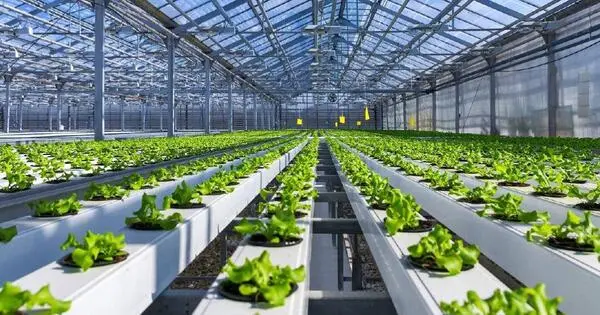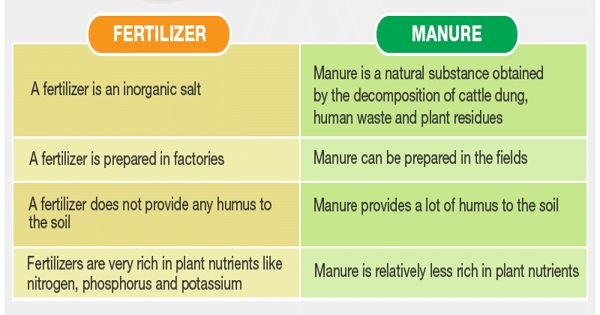Sustainable agriculture is farming in methods that meet society’s current food and textile needs without jeopardizing current or future generations’ ability to meet their own needs. It is a comprehensive approach to farming that attempts to meet current demands without jeopardizing future generations’ ability to meet their own. It can be founded on a knowledge of ecological services. There are numerous techniques for increasing agricultural sustainability. It is critical to build flexible business processes and farming methods while developing agriculture within sustainable food systems.
Agriculture has a massive environmental footprint, contributing significantly to climate change (food systems account for one-third of anthropogenic greenhouse gas emissions), water scarcity, water pollution, land degradation, deforestation, and other processes; it is both causing and being impacted by environmental changes. It is a method of producing food, fiber, or other plant or animal products that is environmentally friendly, good for public health, human communities, and animal welfare.
Sustainable agriculture aims to:
- Minimize Environmental Impact: Its primary goal is to reduce the negative environmental effects of farming methods. This involves preventing soil erosion, conserving water, and lowering the usage of synthetic pesticides and fertilizers. It frequently supports organic farming techniques as well as the use of natural and environmentally friendly inputs.
- Conservation of Resources: It aims to protect natural resources like soil and water. Crop rotation, cover cropping, and decreased tillage are all practices that help to maintain soil health and minimize erosion. Water-saving techniques such as drip irrigation are also widely used.
- Biodiversity Preservation: It promotes biodiversity conservation in agricultural systems. This includes growing a variety of crops and incorporating livestock into farming activities. Biodiversity contributes to ecosystem stability and can act as natural pest control.
- Animal Welfare: Sustainable agriculture often includes the humane treatment of animals in livestock farming. This involves providing animals with proper living conditions, access to the outdoors, and a diet that meets their nutritional needs.
- Social Responsibility: It also considers the social impacts of farming. This includes fair labor practices, ensuring farmworkers are treated well and paid fairly. Additionally, sustainable agriculture often involves the local community in decision-making processes.
Sustainable agriculture is not a one-size-fits-all solution; it differs according to local climate, crops, and agricultural techniques. It is a constantly changing field that adapts to new knowledge and technologies with the overriding goal of encouraging ecologically benign, economically successful, and socially responsible farming practices.
Sustainable agriculture refers to farming methods that are favorable to the environment and allow for the production of crops or livestock without causing harm to humans or natural systems. It entails preventing negative effects on soil, water, biodiversity, surrounding or downstream resources, as well as those who work or live on the farm or in nearby areas. Permaculture, agroforestry, mixed farming, multiple cropping, and crop rotation are examples of sustainable agriculture elements.
















